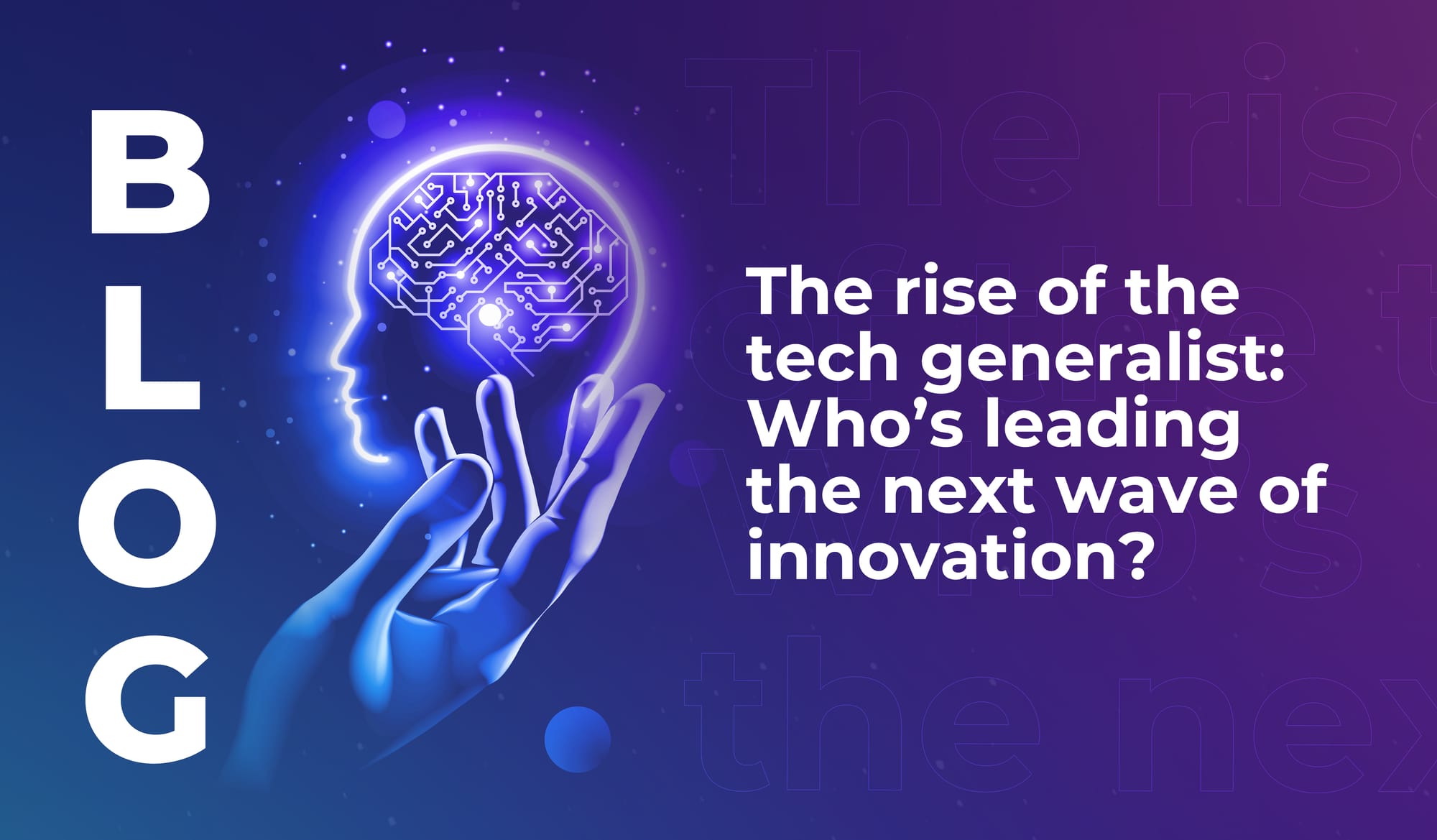
What makes a city ready for a smart future?
Discover the cities that rank highly for smart city preparedness, and learn why locally relevant innovation is more important than cutting-edge tech.


For decades, materials scientists have taken inspiration from the natural world. They identify a biological material that has some desirable trait, such as the toughness of bones or conch shells, and reverse-engineer it. Then, once they have determined the material’s ‘microstructure,’ they try to approximate it in human-made materials.
In fact, for many years now, scientists have been studying the nature of materials at the smallest possible scale – from power generation and transmission to the production of faster, smaller, more versatile computers and storage devices.
The central gist behind materials science involves linking the microstructure of a material to its macromolecular physical and chemical properties.
As the Middle East advances in multiple fields of science, technology, and engineering, the success of these advancements will critically depend on the availability of superior materials, skills, and the people to innovate.
That is why at LEAP 2022, materials science will feature prominently during the Orbital Talks Conference sessions happening alongside the main exhibition event.
Also, the conference will not only promote quality research, case studies, regional and global use cases, and real-world impact in an atmosphere of true international cooperation between scientists, technologists, and engineers, but will also see the exhibition side of LEAP showcase solutions including graphene, applications, lithium-ion batteries, semiconductors, and nanotechnology.
By bringing together world-class researchers, international communities, and industrial heads to discuss the latest developments and innovations in the fields of materials science and nanoscience, Saudi Arabia is on the right track to achieving its goals of diversifying its economy.
Saudi Arabia’s ICT Strategy 2023 aims to accelerating the ICT sector’s growth by 50% and raising its contribution to the GDP by SR 50 billion. The Ministry of Labor in Saudi Arabia has also set a target of 25% Saudization in various ICT fields by 2021.

Materials science technologies will be exhibited at LEAP 2022, Saudi Arabia’s promising ICT event that aims to unlock the human potential and accelerate new ways of thinking and innovation. In addition to various technologies that will be on display for attendees, a range of topics, including the following, will be discussed: ‘The nanotech revolution: Solving the world’s most challenging biomedical problems through novelty’, ‘Molecular USB’s: The future of data storage’, ‘4D skin printing providing new therapeutic opportunities’, ‘Farewell to the laboratory: How hydrogel presents an on-demand bio-factory of the future’, ‘Human Tissue Chips: The next generation of organ-on-chip has arrived’ and ‘One of the most powerful agents discovered yet: Combatting antimicrobial resistance with AI-enabled antibiotics’.
Because materials science spans so many different disciplines and applications, people who work in this field tend to specialize in a technique or material type.
Interestingly, the technological transformation happening in Saudi Arabia is not only emblematic but is also helping the Kingdom to transform itself into the epicenter of tech in the Middle East and globally.
The Kingdom has, over the last decade, been shifting away from oil as the principal economic resource in favor of becoming a regional tech hub, which is very much a definitive objective for the Saudi Vision 2030.
Saudi Arabia is witnessing and going through one of the most significant socio-cultural shifts ever seen in many years, and LEAP is a manifestation of this.
One of the main drivers of growth in the materials science space has been the increasing use cases where these materials, once designed and developed, can be applied in industry verticals like healthcare, oil and gas, automotive, aerospace and aviation, mining, pipelines, construction, manufacturing, biotech, and many others.

|
A key driving force behind LEAP is the Saudi Arabia Ministry of Communications and Information Technology, which is offering heavyweight multilateral government support towards the ambitions for LEAP that will contribute to the diversification of the Saudi economy. Eng. Nawaf Alhoshan, Deputy Minister for Technology Development at the Saudi Arabia Ministry of Communications and Information Technology, says, “Technology is rapidly transforming the reality of today’s status quo. It is the foundation for many industries looking to develop, advance, and leap forward, and it is increasingly becoming an intrinsic part of our everyday life. With this in mind, LEAP could not have come at a more opportune time for the Kingdom. I truly believe LEAP will be the most iconic and seismic tech event for a generation.” With IT becoming a competitive strength of materials science, experts say companies that will succeed in this space in the Middle East, and Saudi Arabia in particular, are those delivering innovative, value-added technology and services to help accelerate their company’s strategies and business objectives. One such company is the chip designer and global processor supplier Intel. Utilizing nanotechnology, a subset of materials science, Intel is using precision biology for a research team of chemists, engineers, biologists, and physicists that combine expertise in microbiology and molecular analysis with Intel’s core expertise in microelectronics, MEMS, and nanotechnology. The team is conducting long-range research to create fundamental advances in sensor technology and to work together with the medical community to make it possible to use chips to diagnose diseases and improve people’s health. Carolyn Dawson, Managing Director, Informa Tech London, the event organizer for LEAP 2022, enthuses: “The level of ambition the Saudi Government has for LEAP is significant, given what it intends to do and spend on technology over the next decade. Megacities, mass tech adoption, and bold investments will be made to transform Saudi Arabia into one of the most tech-enabled countries in the world. The vision is awe-inspiring and very exciting.” |

Discover the cities that rank highly for smart city preparedness, and learn why locally relevant innovation is more important than cutting-edge tech.

If you’ve ever thought about becoming a tech investor, read this – learn why investors are the quiet force shaping the future of the industry.

Tech generalists will enable emerging technologies to integrate across industries and societies in meaningful ways. We still need specialists – but we also need big-picture people.

Discover the cities that rank highly for smart city preparedness, and learn why locally relevant innovation is more important than cutting-edge tech.

If you’ve ever thought about becoming a tech investor, read this – learn why investors are the quiet force shaping the future of the industry.

Tech generalists will enable emerging technologies to integrate across industries and societies in meaningful ways. We still need specialists – but we also need big-picture people.